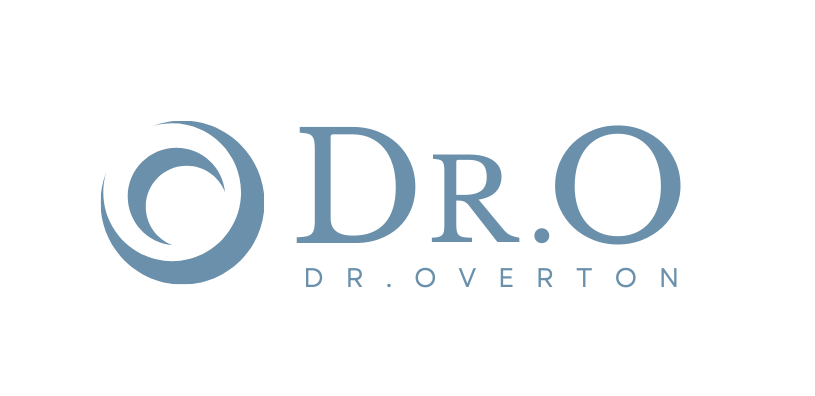According to the National Institute on Drug Abuse (NIDA), opioid addiction has reached epidemic proportions, affecting millions of individuals worldwide. Overcoming opioid addiction is a complex process that requires a comprehensive approach. Medication-assisted treatment (MAT) has emerged as an effective strategy, with Suboxone medication playing a vital role. In this comprehensive guide, we will explore Suboxone medication, its use in opioid addiction treatment, potential benefits, considerations, and resources for support.
Understanding Opioid Addiction:
Opioid addiction is a chronic condition characterized by the compulsive use of opioids despite negative consequences. Opioids include prescription pain relievers like oxycodone and hydrocodone, as well as illicit substances like heroin. The misuse of opioids can lead to a range of physical, psychological, and social problems. Understanding the scope and challenges of opioid addiction is crucial in developing effective treatment approaches.
What is Suboxone Medication?
Suboxone medication is an FDA-approved prescription medication used in the treatment of opioid addiction. It contains two main ingredients: buprenorphine, a partial opioid agonist, and naloxone, an opioid antagonist. Buprenorphine helps reduce withdrawal symptoms and cravings, while naloxone discourages misuse by blocking the effects of other opioids. Suboxone is available in the form of sublingual films or tablets and is taken once daily. It is designed to be used as part of a comprehensive treatment program that includes counseling and behavioral therapies.
The Components of Suboxone Medication:
Suboxone medication contains varying strengths of buprenorphine and naloxone, allowing healthcare providers to tailor the dosage to individual needs. It is important to note that Suboxone should only be taken as prescribed by a qualified healthcare professional. Strict adherence to the prescribed dosage is essential for safe and effective treatment.
The Role of Suboxone in Medication-Assisted Treatment (MAT)
MAT combines medications like Suboxone with counseling and behavioral therapies to provide a holistic approach to opioid addiction treatment. Suboxone helps stabilize individuals by reducing cravings and preventing withdrawal symptoms, allowing them to engage fully in therapy and work toward long-term recovery. Studies have shown that MAT, including Suboxone treatment, can significantly improve treatment outcomes, reduce overdose rates, and enhance overall quality of life.
Accessing Suboxone Treatment:
Finding a certified Suboxone provider is an essential step in accessing Suboxone treatment. Life Line Services is a leading provider of Suboxone treatment, offering comprehensive services tailored to individual needs. Their team of experienced healthcare professionals specializes in addiction medicine and provides personalized care and support throughout the treatment journey. To learn more about Life Line Services and their approach to Suboxone treatment, visit their official website: [Insert Website Link]. It is crucial to consult with a healthcare provider to determine if Suboxone treatment is appropriate for you or your loved one's specific needs.
Potential Benefits of Suboxone Treatment:
1. Reducing Withdrawal Symptoms:
2. Managing Cravings:
3. Preventing Overdose:
4. Normalizing Brain Function:
5. Improving Treatment Retention
Counseling and Behavioral Therapies:
Considerations and Precautions:
1. Medical Supervision:
2. Individualized Treatment:
3. Potential Side Effects:
4. Pregnancy and Breastfeeding:
5. Interactions with Other Medications:
FAQs - Frequently Asked Questions:
If you or a loved one are seeking additional support or resources, the following websites can provide helpful information and assistance:
Substance Abuse and Mental Health Services Administration (SAMHSA)
National Helpline (SAMHSA): 1-800-662-HELP (4357)
Conclusion:
Suboxone medication is a valuable tool in the comprehensive treatment of opioid addiction. When used as part of a MAT program, it can help individuals stabilize their lives, manage cravings, and work toward long-term recovery. Life Line Services, with their expertise in Suboxone treatment, offers a supportive and personalized approach to help individuals on their journey to recovery. If you or someone you know is struggling with opioid addiction, reach out for help and take the first step toward a healthier and brighter future.
Remember, there is hope, and recovery is possible.



COMMENTS